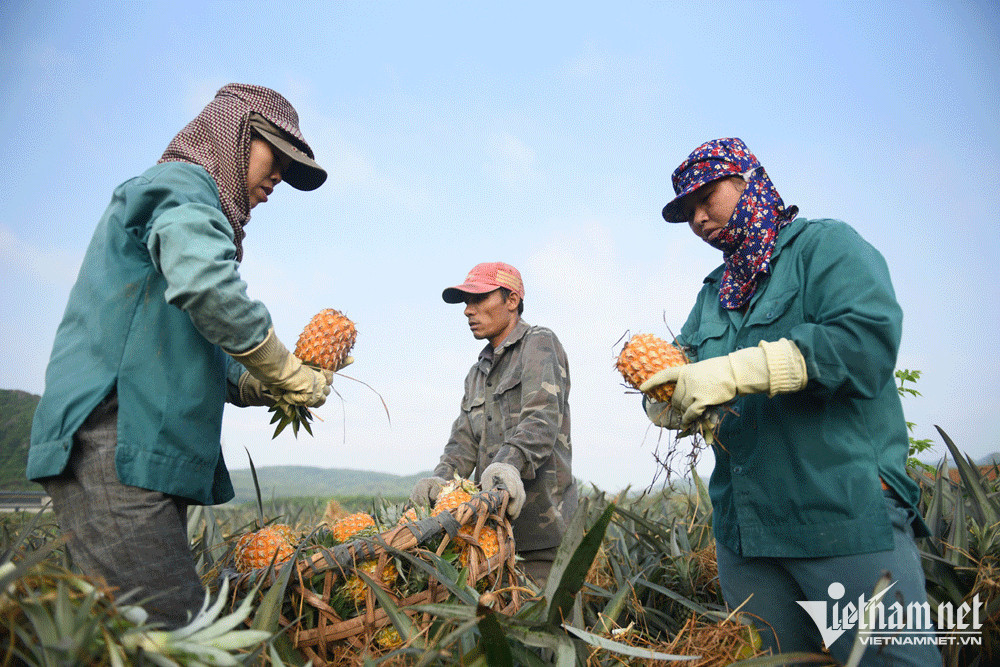
Deputy Minister of Agriculture and Rural Development Tran Thanh Nam, meeting the local press on June 5, said with the population of 1.41 billion people and average income of $13,800 per capita in 2022, China is a vast farm produce market.
The Vietnamese and Chinese governments and enterprises consider each other important trade partners with geographical proximity, a common border, advantages in transportation with short time, low costs, and diverse modes of transport. The Chinese market has high demand for Vietnam’s farm produce such as seafood, fruits, woodwork and poultry.
Moreover, China has a road transport system favorable for Vietnam to import/export goods. Currently, 70 percent of Vietnam’s farm produce goes to China by land.
Nam, who recently had a working session with Guangxi and Yunnan provinces and attended a trade promotion conference with the participation of hundreds of Chinese enterprises, said Chinese all highly appreciate the quality of Vietnam’s farm produce and want to connect Vietnamese partners for long term trade.
“Chinese always talk about Vietnam’s durian and praise its quality, but demand and supply have not met yet. A Chinese enterprise which has 2,000 trucks asked me to help connect Vietnamese suppliers to import Vietnam’s durian,” he said.
Yunnan has 50 million people who love seafood. However, it is very costly to transport products from other provinces. Vietnam is just next door, so Yunnan people have high demand for Vietnam’s seafood.
“Yunnan will propose that the General Administration of Customs enlarge the list of aquatic products to be imported from Vietnam,” Nam said.
However, while affirming that demand for farm produce is high from both sides, he admitted that infrastructure in the border areas is overloaded. In order to boost trade, it is necessary to make investment to upgrade infrastructure conditions to satisfy requirements.
He said that trade cooperation between the two sides is unstable. Traders just make transactions definitively, while they don’t keep stable contact because of the lack of information.
That is why Chinese traders find it difficult to buy Vietnam’s durian, while Vietnamese farmers have to sell durian at just VND60,000 per kilogram.
After the working session, the two sides agreed to establish the Vietnam-Guangxi and Vietnam-Yunnan associations of farm produce enterprises, which aims at building sustainable farm produce supply chains.
He affirmed that to boost the two-way import/export turnover, building a sustainable supply chain is a must.
Tam An